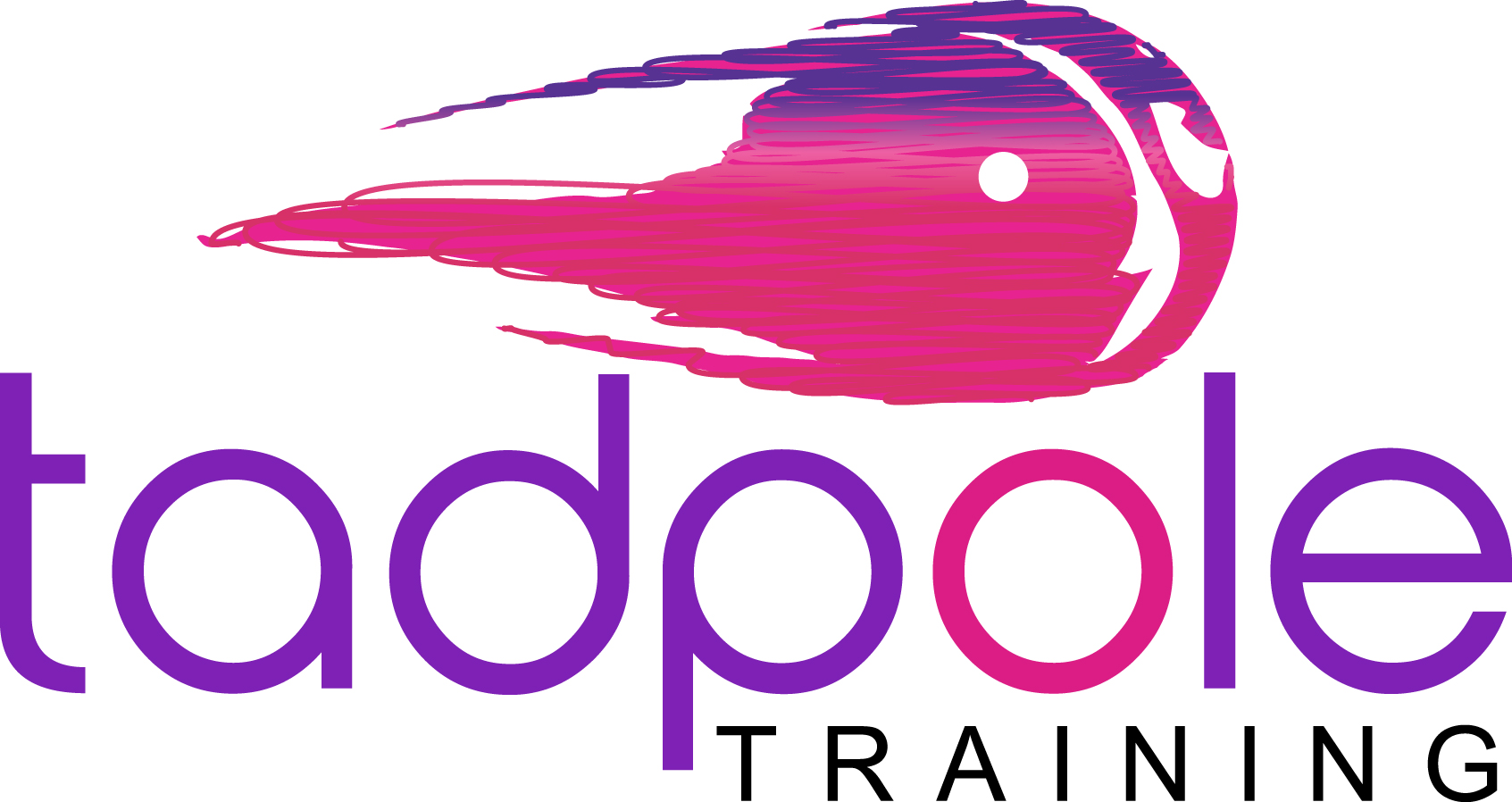
by Janet | Jan 3, 2024 | sales training
Are we failing to give our young salespeople the right start in sales?In his excellent interview with Tom Bilyeu, Simon Sinek talks about Millennials (those born after 1984, so I guess that includes Gen Z too) and how they face specific challenges other groups...

by Janet | Feb 17, 2021 | entrepreneurs, marketing, sales tips, Training
Why you will get gobbled up by the big fishes if you don’t nail your USP USP stands for Unique Selling Point. USPs are the benefits or features that set your product or service apart from similar things which are offered by your competitors. Of course, if you...

by Janet | Jan 1, 2021 | customers, entrepreneurs, marketing, prospecting, sales tips, Training
Positive Language can make a huge difference to your sales conversation, so don’t go using language that makes customers avoid you. There are certain words and phrases that are considered clichés in the world of selling. If you want to avoid looking like an...




